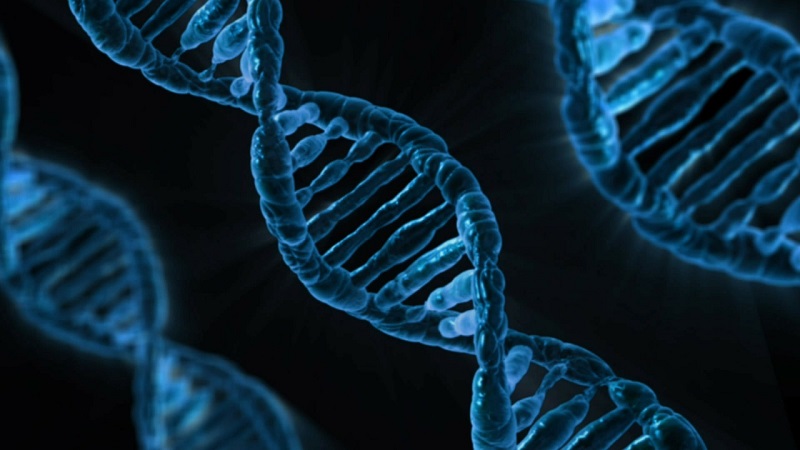Earlier this month I wrote about how researchers have found ways to encode digital data into DNA strands; now, it appears that a big-name tech company is actively experimenting with it.
Apparently Microsoft has purchased ten million DNA sequences from a tech startup called Twist Bioscience, specifically for research into data storage according to a recent press release.
Since Twist Bioscience says one gram of DNA can store a billion terabytes of data and “has a known shelf life of several thousand years”, it’s no mystery as to why Microsoft is interested. A few grams and a teeny tiny amount of physical space versus a room full of Azure servers to store the same amount of ones and zeroes? I can just imagine Microsoft’s chief technology officer salivating at the thought.
Twist said in the release “The recent convergence of affordable DNA sequencing and the scalability of Twist Bioscience’s silicon-based DNA synthesis technique presents a new opportunity enabling the oldest lifeform, DNA, to become a viable data storage option. Using DNA as an archival technology avoids two key limitations of traditional digital storage media: limited lifespan and low data density.”
The key question is now all about how fast the process can be made, as modern storage technology is surprisingly quick thanks to advances like using fast memory instead of spinning magnetic platters to write the 1s and 0s of digital data.
While the press release didn’t specifically say that’s what Microsoft will focus on, I imagine read and write performance – the speed at which digital information can be stored and retrieved, or in this case encoded and decoded – will be top of the researchers’ minds.
[Source – Twist Bioscience, Image – CC0]

